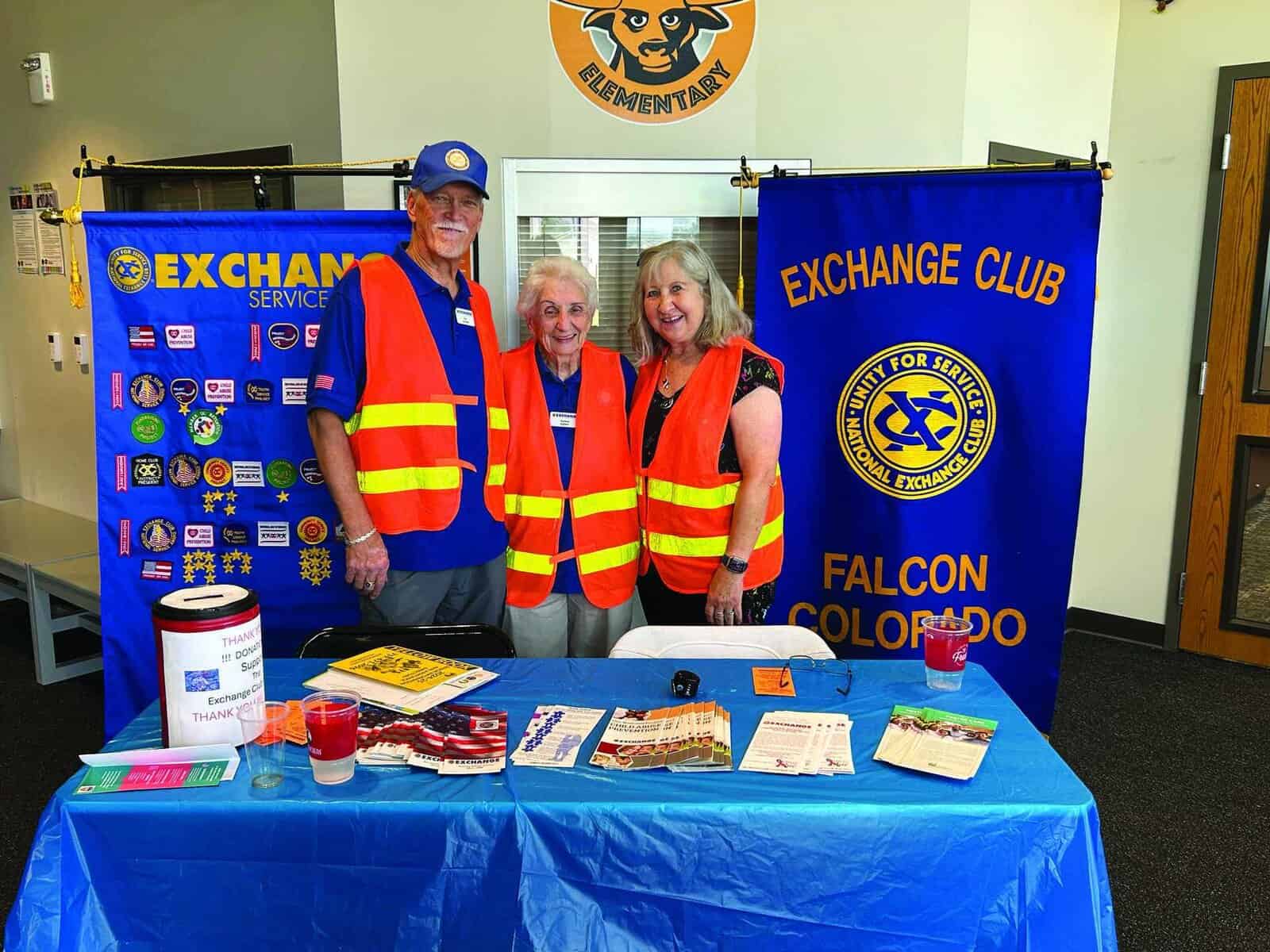About this time every year, I do an inventory of all my horse-related books to decide how I’ll spend my days when it’s too cold and windy to ride, the snow is too deep to reach the indoor arena or it’s just plain too dark. Because I love books, I have many that I buy but haven’t read yet. But I have two books that I read over and over again because they contain so much wisdom about the nature of horses and how to become a better rider.Both Wendy Murdoch’s “Simplify Your Riding: Step-by-Step Techniques to Improve Your Riding Skills” and Mark Rashid’s “Horses Never Lie: The Heart of Passive Leadership” are great companions during the long, dark nights of winter.Riders often don’t stop to think about how the weight and position of their bodies affects the movement of their horses. The emphasis throughout “Simplify Your Riding” is on freeing our bodies to allow our horses to move in a more relaxed, natural way.Murdoch is a Virginia-based trainer who has studied dressage, centered riding and body awareness. Her techniques are similar to Sally Swift’s, with whom she studied for many years. In the first chapters of her book, she discusses the importance of learning true abdominal breathing with back expansion (breathing through your back). It’s truly the basis of all good riding.She then goes through Swift’s building blocks of body alignment, with a chapter devoted to each block – head, shoulders, torso, pelvis and legs (including the feet). When Murdoch teaches a clinic, she brings along her friendly skeleton, Nigel, to remind her students of skeletal structure. Nigel is featured heavily in these chapters.Later chapters cover timing the aids at the walk, trot and canter; how to work on developing a secure seat and a power position; and how to lengthen your horse’s back by lengthening your own. Each chapter includes exercises to help you understand the concepts (and feel them in your own body) and many photos (including those featuring Nigel) that clarify the concepts.”It is not the addition of aids but the reduction of aids that makes riding appear effortless and smooth,” says Murdoch. “Horses feel when we get it right because carrying us becomes effortless, and they are able to comply with our request – something they seem always willing to do when we listen to them.”Mark Rashid knows how to listen. In “Horses Never Lie,” he explains how we can get our horses to choose us as their leaders. Most of the chapters are stories from his youth and the lessons in horsemanship he learned from an old cowboy who Rashid identifies as the “old man.” OK, it’s a stereotype, but this character really comes alive as he helps the young Rashid understand things from the horse’s perspective. As Rashid describes him, “Everything he did was low-key, while having a very distinct purpose. He would set things up for the horse to make a decision and allow the horse to make it.”A lot of attention has been given to trainers who believe the rider must assume the position of the “alpha” horse and be the dominant leader of the team. Rashid is uncomfortable with this concept. After many years of observing herd behavior, he noticed that the herd responds to the alpha horse out of fear and spends most of its time trying to avoid this “leader.””They [the herd] seem to want nothing more than to get through the day with the least amount of conflict and strife possible, while doing everything in their power to keep themselves safe from harm,” Rashid says. “They always seem to be making a conscious effort to look for ways to help themselves accomplish that goal.” By working with this natural tendency to avoid pressure, a trainer (and we are all trainers of our horses) can become the individual that our horse turns to when they need help out of a difficult situation.All Rashid’s methods are focused on understanding the horse’s perspective: finding the “try” by waiting and listening, letting the horse have his say by paying attention to little changes in behavior and being responsive to these changes, trusting horses to do the right thing and showing them through example that they can trust us. This is great stuff.Each chapter of this book contains a different story, so it’s easy to pick up the book when you only have 10 minutes to read. But Rasid’s writing is so engaging and his philosophy on horses is so compelling that it’s hard to put the book down. An extra bonus is that the writing is excellent, and the descriptions of the individual horses, people and settings are detailed and often humorous.With books like these to read, maybe winter isn’t so bad after all.





